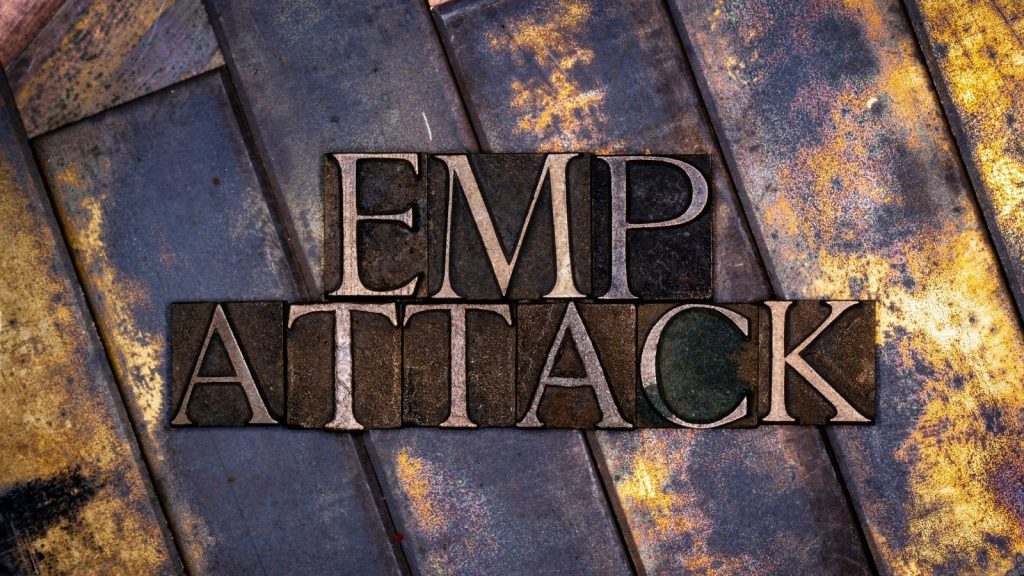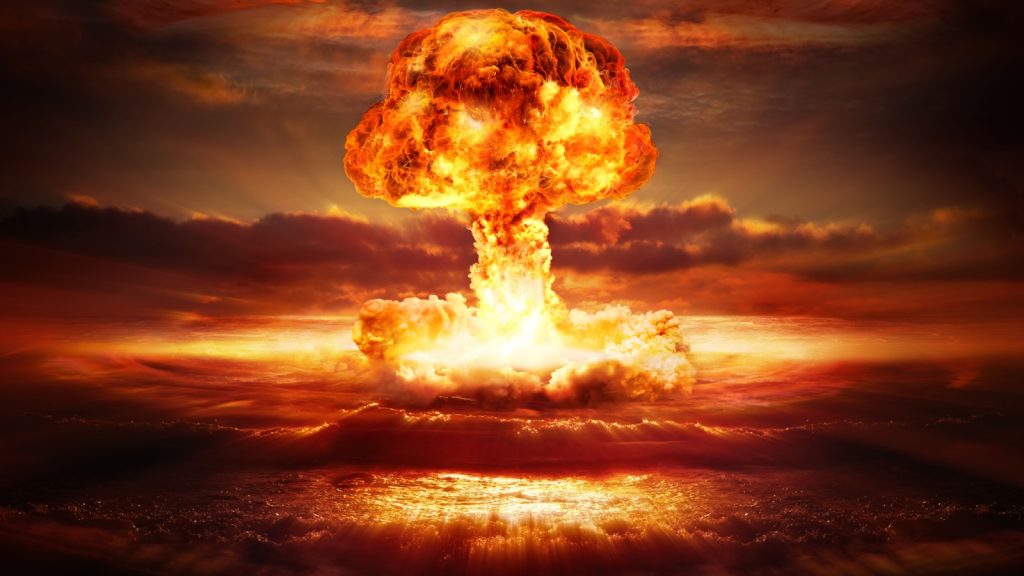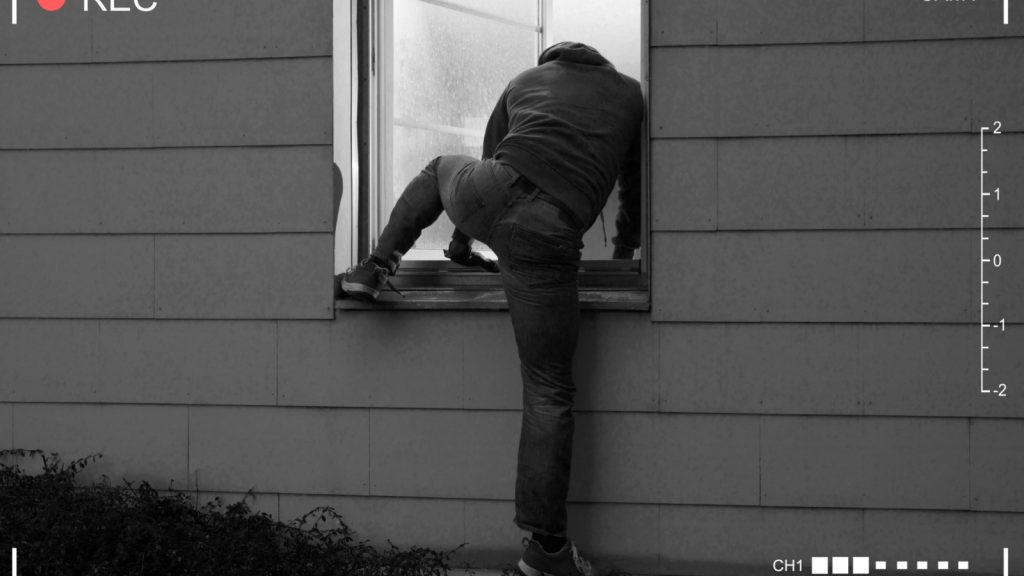An electromagnetic pulse might sound like something straight out of a science fiction movie, but the threat is real enough that governments and power companies have spent billions preparing for it*. Whether from a solar flare or other causes, an EMP could instantly transform our high-tech world into one where even basic electronics stop working. And that’s not just inconvenient—it’s a scenario that could fundamentally change how we live.

Think about it: in an instant, the devices we depend on daily could become little more than paperweights. No smartphones. No computers. No modern vehicles. The ripple effects would touch every aspect of our lives, from food distribution to medical care. This isn’t about spinning doomsday scenarios—it’s about understanding a genuine risk that security experts have been warning about for years.
But here’s the thing: understanding what an EMP could do isn’t about feeding into fear. It’s about taking sensible steps to protect yourself and your family. When you know what you might face, you can prepare without panicking. Let’s look at what an EMP event could really mean for daily life, and more importantly, what you can do about it.
Let’s break down the real impacts of an EMP—separating fact from fiction—so you can make informed decisions about your preparedness strategy.
1. Immediate Power Outage
The first thing you’d notice after an EMP attack? A sudden and complete blackout. Power grids would fail instantly, leaving homes, businesses, and infrastructure in darkness. This outage wouldn’t be over in a day or two—it could last for months or even years. Without electricity, most daily activities we take for granted, such as cooking and charging devices, would come to an abrupt halt.
2. Communication Breakdown
Phones, the internet, and most radio systems would be rendered useless in an instant. This communication void would leave you cut off from vital updates and loved ones. Prepping with hand-crank radios or having pre-arranged meeting points can help bridge this gap when technology fails. Simple written instructions and maps could also become critical tools for navigation and coordination.
3. Transportation Gridlock
Modern vehicles rely heavily on electronics, which would be destroyed by an EMP. Traffic would grind to a halt as cars stall mid-journey. Public transport would also cease to function, stranding people far from home. Knowing the safest walking routes or having a sturdy bicycle ready could be the difference between being stranded and getting home safely.
4. Water Supply Issues
Without electricity, municipal water systems would stop pumping and purifying water. You might still have tap water for a day or two thanks to gravity-fed systems, but after that, you’d need to rely on stored water or find natural sources like streams and rainwater. Investing in portable water filters and learning basic water purification techniques, such as boiling or using iodine, would be essential.
5. Food Shortages
The food supply chain depends on electricity and transportation. With both down, supermarkets would run out of stock fast. Survival would hinge on long-term food storage, gardening, or foraging skills. Learning how to safely preserve food through canning, drying, or fermentation could stretch your supplies significantly.
6. Banking System Failure
ATMs and card payment systems would fail immediately. Cash would become valuable for a time, but eventually, bartering would likely take over. Stockpiling essentials now can prevent panic later. Precious metals like gold and silver coins could also hold long-term value as a trade currency.
7. Medical Care Crisis
Hospitals would struggle without power. Life-saving machines, medications requiring refrigeration, and regular treatments like dialysis would all become unavailable. Having a personal first-aid kit and knowledge of basic medical care could make a critical difference. Stocking up on over-the-counter medications and learning natural remedies could provide additional options when access to healthcare is limited.
8. Sanitation Problems
Without running water or waste disposal systems, hygiene could quickly deteriorate, leading to disease outbreaks. Learning how to safely manage waste and maintain cleanliness would be vital in these conditions. Simple items like soap, bleach, and plastic bags could become life-saving sanitation tools.
9. Loss of Climate Control
Heating and cooling systems would fail, leaving people vulnerable to extreme weather. Layers of clothing, insulation, and alternative heating methods like wood stoves would become essential for survival. In summer, shading windows and creating ventilation with simple tools like fans could help manage heat.
10. Information Scarcity
Digital data would likely be lost, and access to news and updates would disappear. Having physical copies of important documents and knowledge could give you a significant advantage in navigating this new reality. Keeping a basic library of survival books could be invaluable for learning forgotten skills and solutions.
11. Breakdown of Law and Order
With resources scarce and tensions high, crime and social unrest would likely surge. Emergency services would be overwhelmed or unavailable, leaving communities to fend for themselves. Personal and neighborhood security would become top priorities, so building trust and teamwork now could be lifesaving later. Investing in basic self-defense skills and tools can help you prepare to protect yourself and those around you.
12. Economic Collapse
The financial system would crumble without electronic records or transactions. Jobs would disappear, cash could lose its value, and barter systems would likely emerge. Knowing the value of tradable goods, from food to tools, would be essential in a post-EMP economy. Learning how to negotiate and understand the basics of trade dynamics would become highly valuable survival skills.
13. Agricultural Challenges
Large-scale farming depends on modern machinery, which would fail during an EMP event. Smaller, manual farming would become vital for food production. Learning to grow crops, save seeds, and harvest without modern equipment would be indispensable skills for survival. Stocking up on heritage or non-GMO seeds now ensures you have viable crops for future growing seasons.
14. Fuel Shortages
Fuel pumps rely on electricity, so obtaining petrol or diesel would become nearly impossible. Even if you have fuel stored, it’s only a short-term solution. Alternative transportation methods like bicycles or animal-powered carts could be invaluable in the long run. Learning how to make biofuels from organic waste could provide an additional edge in keeping things running.
15. Disruption of Government Services
Government support systems would collapse, leaving citizens to navigate a world without emergency response teams, social welfare, or public services. Communities would need to become self-sufficient, organizing their own security, resource sharing, and problem-solving efforts. Familiarising yourself with local government structures and networks can help you predict areas of collapse and find alternative solutions more quickly.
16. Psychological Impact
The psychological toll of such a sudden upheaval would be immense. Anxiety, fear, and depression would be common as people struggle to adapt to a harsh new reality. Strengthening your mental resilience and developing coping mechanisms now could be just as important as stockpiling supplies. Building a strong support network and practicing mindfulness or meditation can provide stability when times are tough.
17. Education Interruption
Schools and universities would close indefinitely, and much of the digital knowledge base could be lost. Education would shift to hands-on, practical skills like farming, mechanics, and first aid, as survival knowledge takes precedence over traditional academic subjects. Keeping physical books and creating community-based learning initiatives could help rebuild an education system post-disaster.
18. Increased Reliance on Manual Labor
Tasks once automated would have to be done manually. From plowing fields to washing clothes, physical work would become a daily necessity. Building strength and stamina now could give you a significant advantage in this new lifestyle. Learning efficient techniques for manual tasks can help conserve energy and improve productivity.
19. Changes in Social Structures
Families and communities would grow closer out of necessity. Extended families might live together, and neighbors could band together to share resources and protect one another. The ability to collaborate and maintain peace within these groups would be crucial. Establishing clear roles and responsibilities within your group can prevent conflicts and foster cohesion.
20. Scarcity of Manufactured Goods
With supply chains disrupted, even basic goods would become scarce. Items like clothing, tools, and household essentials would need to be repaired, reused, or handmade. Practical skills like sewing and carpentry would gain significant value in daily life. Learning how to create basic tools from raw materials could greatly expand your capabilities.
21. Return to Simpler Technologies
Older technologies, like hand tools and mechanical devices, would become essential. If properly stored in a Faraday cage, some devices might survive the EMP. Mechanical watches, wind-up radios, and manual farming tools could make life much easier. Learning to repair and maintain these items would ensure they stay functional when you need them most.
22. Changes in Diet and Nutrition
With supply chains disrupted, people would need to adjust to a more local and seasonal diet. Preserving food, foraging for wild edibles, and raising small livestock could help ensure proper nutrition in a post-EMP world. Understanding the nutritional value of different foods can help you plan a balanced diet, even with limited options.
23. Altered Sleep Patterns
Without electric lighting, daily routines would shift. People would go to bed soon after sunset and rise with the dawn. This return to natural sleep cycles could improve health for some but would require significant lifestyle adjustments. Using blackout curtains and creating a restful sleeping environment could help maintain quality sleep.
24. Increased Importance of Community
Community bonds would become one of the most critical aspects of survival. Cooperation, resource sharing, and mutual support would define successful groups. Skills in leadership, negotiation, and conflict resolution would be just as important as practical survival skills. Cultivating trust and fostering communication within your community now can strengthen relationships for the future.
Preparedness for an EMP attack isn’t about predicting the future—it’s about being ready for anything. Take steps now to learn skills, build resources, and strengthen your community. The better prepared you are, the better your chances of thriving, no matter what comes your way.
References
James is a former logistics coordinator and wilderness safety instructor, whose practical experience taught him the value of sensible preparedness and calm resilience. Passionate about self-reliance, James teaches everyday skills—like water purification, emergency communication, and outdoor safety—to help people confidently handle life's disruptions without fear or overwhelm. His approachable style combines real-world insights with relatable, personal stories and experiences.



